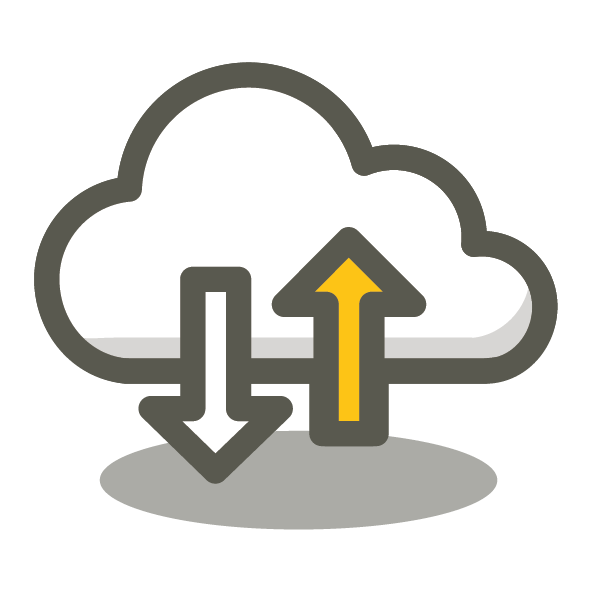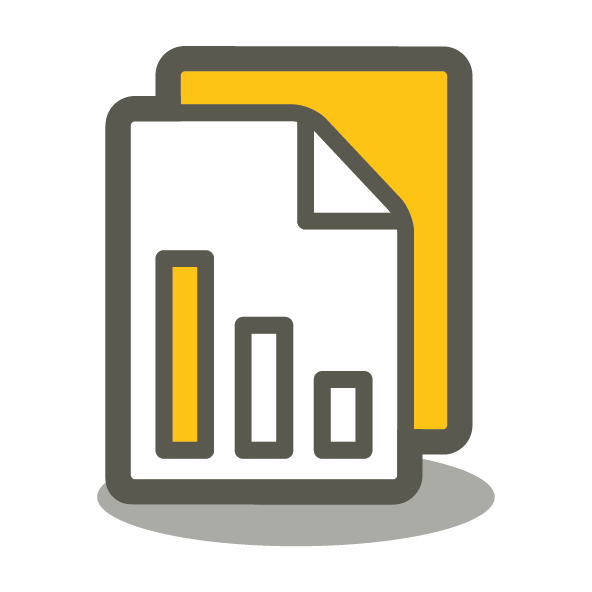Menzies’ Scott Bright has a unique insight into businesses operating in the evolving Transport and Logistics sector, which is having to respond to changing market pressures. In this article Scott throws light on some of the common financial reporting challenges business owners face as well as some strategies for improving decision making.
The evolving transport and logistics industry
In the fast-paced and ever-changing world of the transport and logistics industry, the need for accurate and timely financial reporting cannot be overstated. Quality financial reporting is the pillar of any successful business, but it holds extra significance for companies in a sector where the demand for service is constant and the myriad of regulations continues to grow.
A clear strategic vision is key
To thrive in the transport and logistics sector, companies should have a clear strategic vision. Whether its expanding into new markets, purchasing new vehicles, updating infrastructure, adding skilled staff to the workforce, or adopting new innovative technologies, financial reports guide these strategic initiatives.
Outdated accounting and operational systems
We often find that the biggest barrier to the timing and accuracy of the reporting with clients in this sector is the manual operating and accounting systems that they tend to use. Some companies will have both the operational and accounting functions within the same software. Although this does have its advantages and controls when transferring the revenue and costing information to the accounting part of the system, the overall processing of the information is often manual and not time or cost effective.
Cloud accounting software is a game-changer
In a digital age, cloud accounting software such as Xero, Sage Online and QuickBooks has emerged as a gamechanger for such companies mentioned previously. These products have the capacity to streamline and automate a huge part of the accounting processes via automatic reconciliations and transferring the operational information via controlled data imports through Microsoft Excel or by building bespoke integrations via the accounting software API. They aid with real-time data entry and reduce the chances of errors associated with the more manual-based systems.
Additionally, as transport and logistics companies continue to grow, their financial reporting needs to evolve. Cloud based systems are often scalable, accommodating the changing demands of a growing business without a major overhaul of the reporting system.
On demand reports instrumental for decision making
These cloud systems also enable quick report generation. With a few clicks of a button, businesses can generate income statements, balance sheets, cash flow statements or more bespoke reports on-demand which can be instrumental when making long term decisions such as whether to purchase new fleet vehicles outright or via financing. There is also a plethora of apps that can connect with these accounting packages to provide more detailed but still timely reports to create cashflow forecasts and set challenging but realistic budgets – some examples are Fathom, Futrli and Float.
Customised dashboards for real-time information on financial KPI’s
Customized dashboards are also a valuable tool to management within this sector. This is a ‘one-stop shop’ that can show the important operational and financial KPI’s in real time, whether that be more standard metrics such as GP% for own vehicle revenue or subcontracted work, profit margins on sea import vs sea export jobs, or more bespoke KPIs such as fleet capacity %, driver usage or revenue per working day. These can help management decide whether new fleet vehicles are needed, make staffing decisions easier and spot inefficiencies in the operational side of the business.
Improved data analysis and forecasting
This technology empowers finance and management teams to focus on more strategic activities such as data analysis and forecasting, ultimately contributing to the success and sustainability of companies in this demanding industry. By leveraging automation, businesses can ensure reports are timely and valuable for informed decision making. As the industry continues to evolve, embracing modern accounting solutions will undoubtedly be a vital step towards maintaining a competitive edge and achieving long term success.
Conclusion
Accurate and timely financial reporting is crucial for business owners in the evolving UK Transport and Logistics industry, and with compounding challenges resulting from Brexit, Covid, rising energy prices, and net zero goals, it is becoming even more important. Having the ability to make well-informed business decisions is key for businesses to adapt to these changing market pressures. By adopting modern cloud-based accounting systems, businesses can streamline and automate accounting and operational processes to generate real-time, accurate financial reports which are the bedrock for navigating these challenging times.
If you have any queries, please contact us via the form below:
Posted in Blog, Transport & logistics






